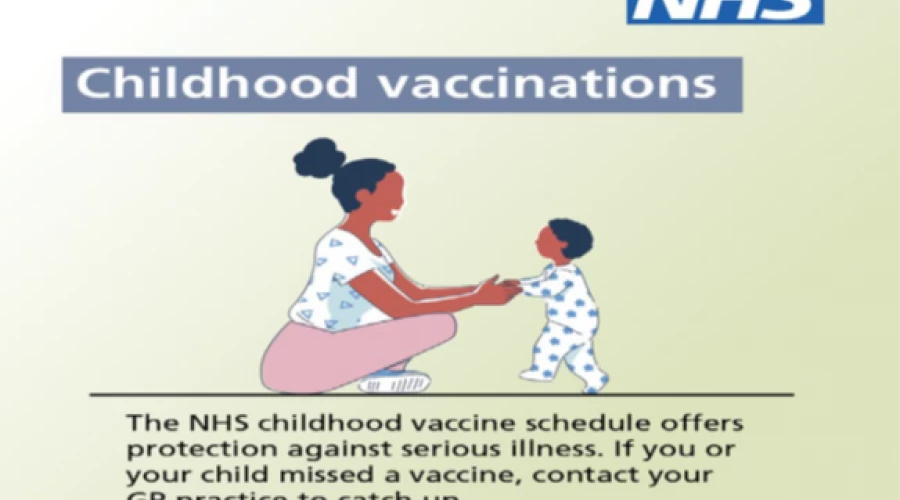Be TickAware

Be Tick Aware
Ticks are most active in the UK from March to October, with most bites commonly reported
during May and June. Ticks can carry pathogens (microorganisms that cause disease) such
as Lyme disease and, more rarely, tick-borne encephalitis.
Ticks live in many different outdoor environments, but they are particularly common in grassy
and wooded areas. You are more at risk of being bitten when taking part activities such as
hiking, cycling or camping, but ticks can also sometimes be found in urban gardens.
There are a variety of simple ways you can reduce their chances of being bitten and if you
are bitten, what you can do to safely remove a tick.
Decrease your chances of getting bitten:
• apply a repellent
• wear long sleeves and trousers to reduce direct skin exposure
• keep to clearly marked pathways when outdoors
• regularly check for any ticks and brush off any you find immediately
• continue checking for ticks when back indoors on yourself, as well as your children
and/or pets
Related News

Free community sessions will help residents spot undiagnosed high blood pressure
2m read
BSW ICB - Free community sessions will help residents spot undiagnosed high blood pressure

NHS - From January, under-6s will be offered MMRV instead of MMR
>1m read
NHS - From January, under-6s will be offered MMRV instead of MMR
What to do if you’re bitten
If you find a tick on your body:
1. remove the tick as soon as you can, either using a tick removing device or fine-tipped
tweezers
2. grab the tick as close to the skin as you can and pull upwards
3. clean the area with soap and water
4. keep an eye on the bite area for a few weeks in case of any changes
5. if you see a spreading bullseye rash developing, or you become unwell with flu-like
symptoms or a headache, contact your GP or NHS 111 immediately.
More info:
What is Lyme disease and why do we need to be tick-aware? – UK Health Security Agency
#BeTickAware
#BeLymeAware